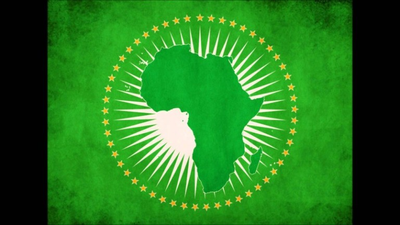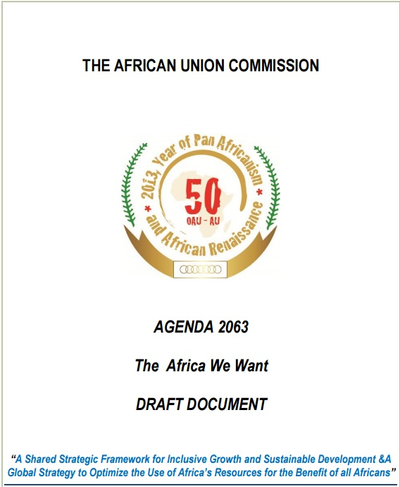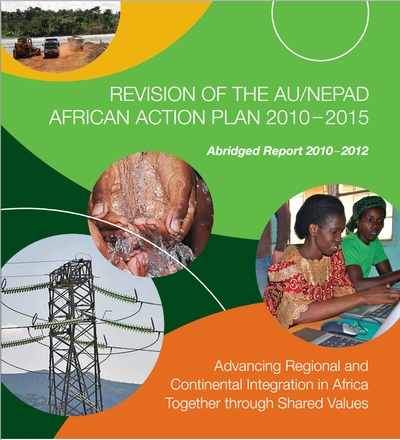
The months and years ahead shall pose growing challenges for the African Union (AU) and the European Union (EU). Though vast differences exist in geography, economy, and governance, there is much the AU can stand to learn from the EU – both in achievement and shortcomings – as it progresses into an uncertain future with its already certain 2016 and beyond shall pose some significant challenges to AU in its 15th year of existence since establishment in 2001.
Assessing the future of a nation – much less an entire continent – is always a task fraught with great peril. This is true of the future of the AU and EU. Yet, within their recent history clear trends can be seen which illustrate the EU is likely to face further threats to its structure due to political events, and it is conversely due to political events that the AU needs to grow its structure. To assess where the AU can learn from the older EU’s missteps, first an overview of Europe’s recent years is necessary.
Put simply, the European Union in recent times has battled through the lowest point in its 22-year history. First, the monetary crisis between Greece and the EU’s capital in Brussels. Moving beyond a day by day account, the severity of the dispute over Greek debt is evidenced by the chief question whether Greece would be better or worse off financially leaving the Eurozone? Yet, beyond the Greek issue alone, the real question concerns what it would mean for the broader EU project if Athens were to exit (or win a huge bailout concession from Brussels) that set a precedent for other nations with embattled economies like Italy and Spain. Further, news the UK shall hold its ‘in-out’ referendum in the near future on EU membership affirms – irrespective of Britain’s longstanding flirtation with isolationism from continental Europe – that regardless of a potential Greek exit, the prospect of one of the EU’s leading economies leaving confirms significant doubt looms over the future value of EU membership.
Further, cracks have appeared for the first time in Germany’s capacity to provide a strong ‘Pro-EU’ narrative both across the continent and within Berlin’s domestic politics. Just two months ago, German Chancellor Angela Merkel was named Time Magazine’s Person of the Year. Though many factors contributed to the award, Merkel’s capacity to maintain her national popularity in the EU’s biggest economy permitted her the ability to also serve as a de-facto leader of the EU. Yet, following on from the German government’s inadequate response to the New Year’s Eve sex attacks in Cologne that saw her popularity plummet – as well as politically immense challenge of reaching a cohesive solution to the Syrian refugee crisis among all EU member nations – Merkel’s leadership is wounded in Germany, and hampered in the broader EU. All up, though a United Europe was a long held dream recent months have been a nightmare.
So, what are the core lessons the AU can learn from the EU’s political successes and failures? First, the democratic progress on the European continent since World War 2 (and especially since the Iron Curtain fell in 1989) has been – notwithstandingpotential and occasional regressions – a resounding success, so much so the lone Eastern European nation of Belarus is often called “Europe’s last dictatorship”. Notwithstanding it has taken some European nations decades to flourish into democracies, the general progress towards greater democracy – and without serious regressions – makes for a sharp contrast with an African continent in which UN Secretary General Ban Ki-Moon last month decried the growing trend of leaders who “cling to power”. With the months and years ahead bringing the prospect of greater instability – both in the near term in Burundi, the mid term in Rwanda, and ultimately the uncertainty that shall come with nearing eventualities like a Zimbabwe when the post-Mugabe era begins – the capacity for a continental response looms as a real challenge. Read more : http://africatimes.com/




